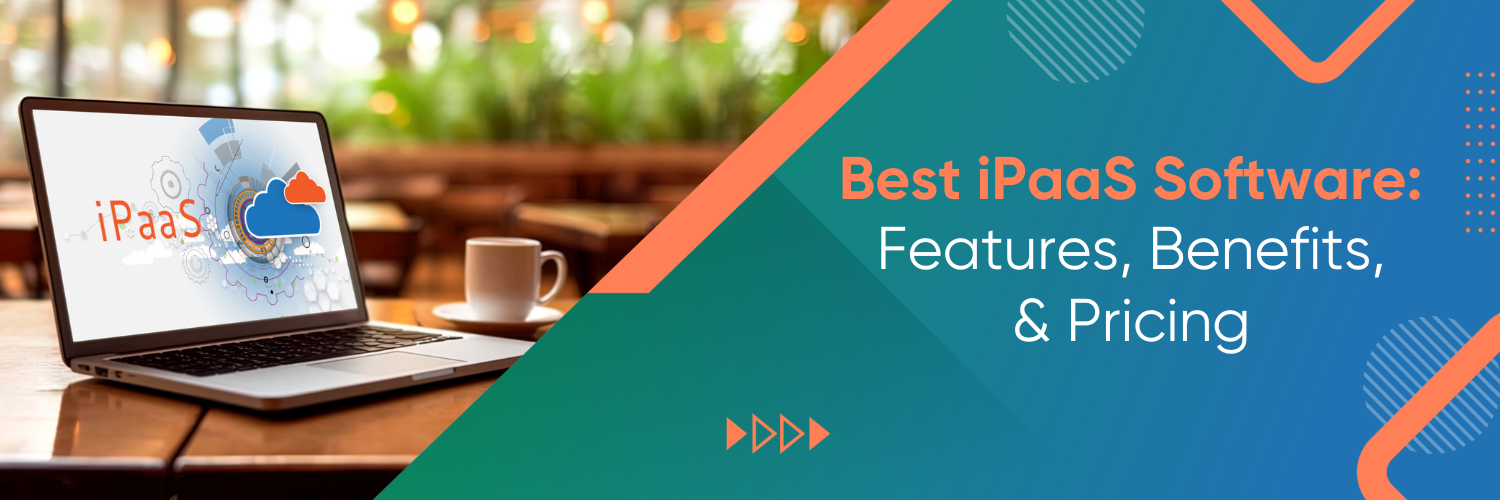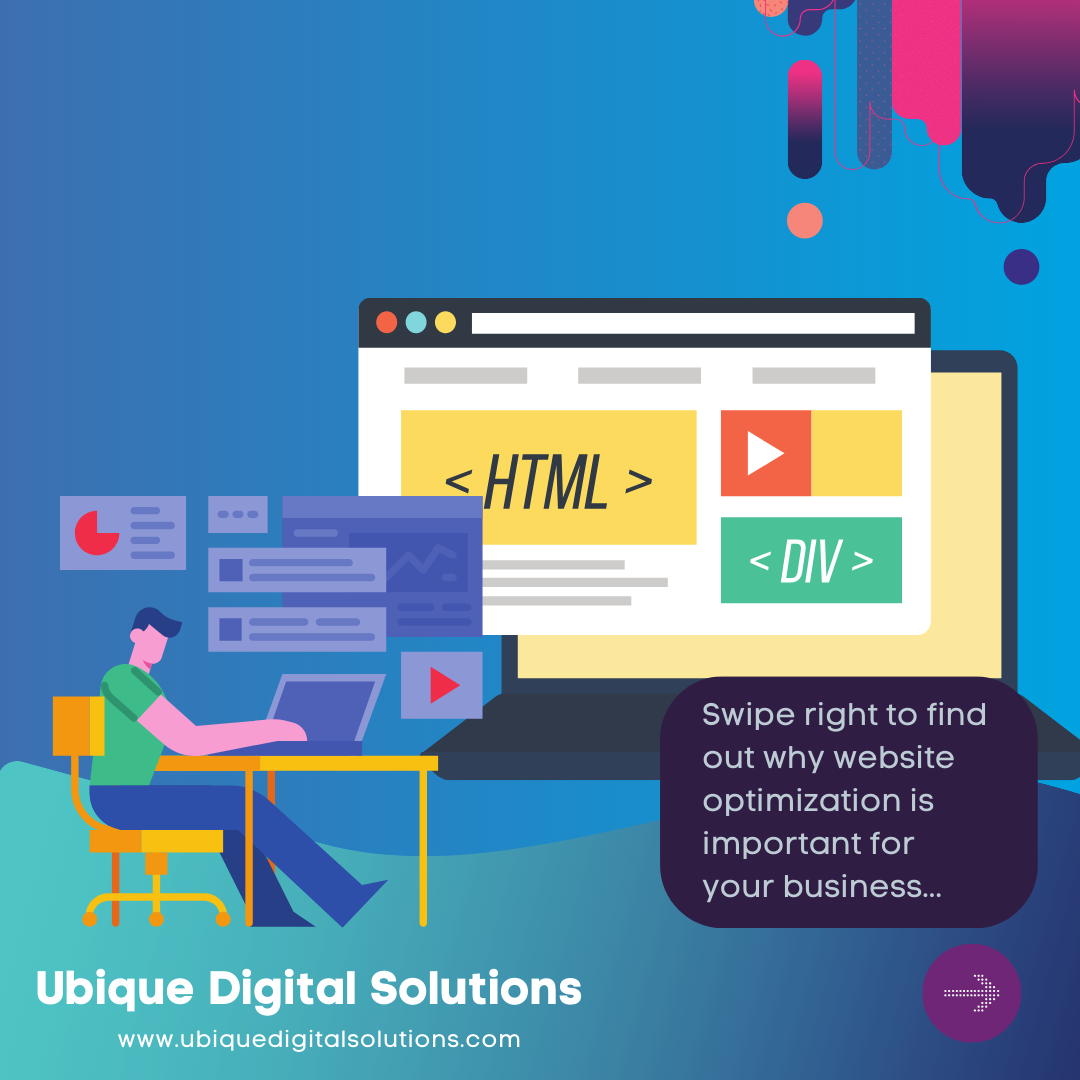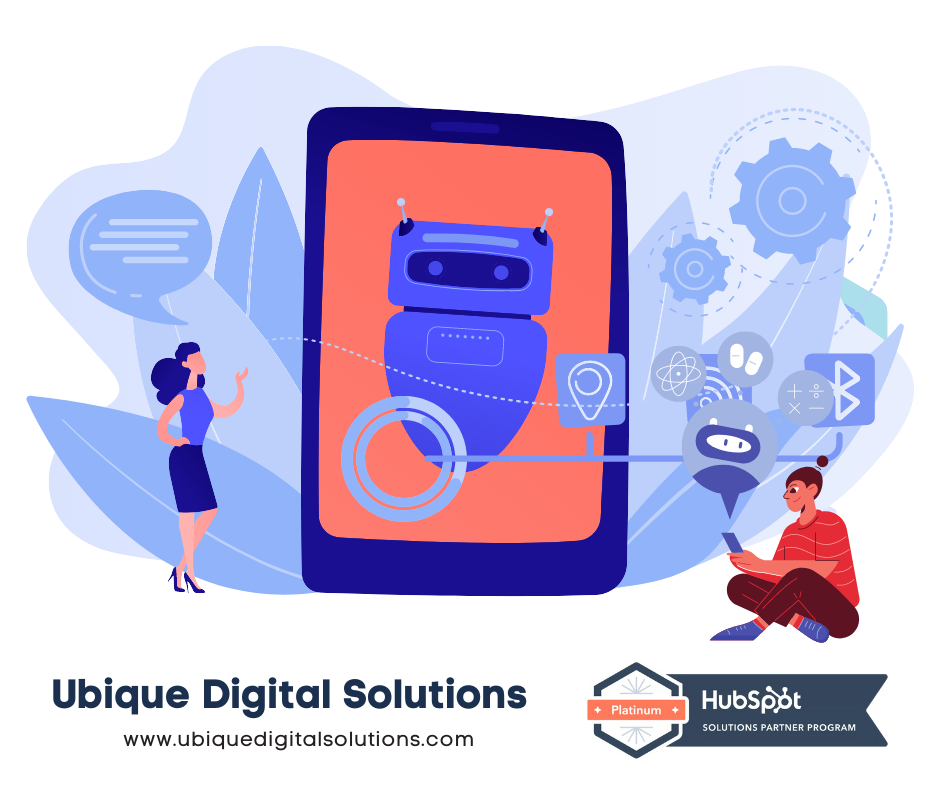What is iPaaS?
iPaaS, which stands for Integration Platform as a Service, is a suite of cloud-based tools that enables organizations to integrate, manage, and coordinate different applications and data sources, whether they are on-premises or in the cloud. Through iPaaS, businesses can create complex integration flows that enable automated data sharing between different systems, reducing the need for manual data manipulation.
One of the primary goals of iPaaS is to simplify the integration process and make it more efficient and scalable. It often includes features such as pre-built connectors to popular applications, data transformation tools, workflow automation, real-time processing, and monitoring capabilities. By using iPaaS, organizations can ensure that their data is consistent and accessible across different systems, which is crucial for driving informed decision-making and improving operational efficiencies.
Brief History of Integration Platform as a Service (iPaaS)
Integration Platform as a Service, or iPaaS, is a relatively new term in the technology industry. It started gaining traction around the early 2010s as businesses began to recognize the need for more efficient integration solutions. In the early days, companies used on-premises middleware for integration, which was both cumbersome and expensive. As cloud technologies matured, iPaaS emerged as a more efficient and cost-effective solution for integrating applications and data sources.
Core Components of iPaaS
iPaaS generally consists of a set of automated tools for connecting software applications deployed in different environments. It typically includes:
- Integration Flows: Define how different applications and data sources communicate with each other.
- API Management: Tools to create, deploy, and manage APIs.
- Data Mapping and Transformation: Converts data from the format used in the source application to the one required by the destination.
- Connectors: Pre-built interfaces for connecting to common applications and services.
- Governance: Ensuring that the integration processes meet required standards and policies.
The Need for iPaaS in Today’s Business Landscape
Challenges in Data Integration
As businesses adopt various cloud-based services and applications, they often face challenges integrating these diverse systems. The challenges include handling different data formats, maintaining data consistency, and ensuring secure data transmission. Additionally, the integration process often requires significant time and resources, which can be a strain for many organizations.
The Role of iPaaS in Digital Transformation
iPaaS plays a critical role in digital transformation by simplifying the integration of various systems and services. With iPaaS, organizations can quickly connect disparate systems, automate business processes, and ensure that data flows seamlessly across applications. This capability is essential for businesses to remain agile and adapt to the rapidly changing market conditions.
Features of the Best iPaaS Software
Features | Description | Category |
| Cloud-Native Architecture | iPaaS solutions should be built on cloud-native architecture, ensuring scalability, performance, and adaptability to changing business needs. | Essential Features |
| Pre-Built Connectors and Integrations | To facilitate integration, iPaaS solutions should offer pre-built connectors and integrations for quickly connecting common applications and services without extensive custom coding. | Essential Features |
| Scalability and Elasticity | iPaaS should be able to scale up to handle peak loads and scale down during periods of low activity. This is essential in handling varying workloads. | Essential Features |
| Data Transformation and Mapping | An effective iPaaS solution should provide tools for transforming and mapping data from one format to another effortlessly, accommodating different data formats. | Essential Features |
| Real-time Processing and Monitoring | iPaaS solutions should be capable of processing data in real-time, critical for real-time analytics or event-driven architectures. Additionally, monitoring tools should be available to track data flows. | Essential Features |
| Security and Compliance | Security is paramount, especially when dealing with sensitive data. iPaaS solutions should provide robust security features including encryption, access control, and compliance with industry standards. | Essential Features |
| AI and Machine Learning Capabilities | Advanced iPaaS solutions may include AI and machine learning to automate and optimize integration processes, such as predictive analytics for data mapping or anomaly detection for monitoring. | Advanced Features |
| B2B Integration | For businesses requiring extensive communication with external partners, B2B integration features such as EDI (Electronic Data Interchange) are valuable. | Advanced Features |
| API Management | Comprehensive API management tools are essential for creating, deploying, and managing APIs, crucial for application integration. | Advanced Features |
| Event-Driven Architecture | Support for event-driven architectures allows organizations to build responsive, modern applications that can react to changes in real time. | Advanced Features |
| Customizable Workflows | The ability to customize workflows enables businesses to tailor integration processes to their specific needs, allowing for greater flexibility and efficiency in managing integrations between various applications and data sources. | Advanced Features |
Benefits of Implementing iPaaS Software
Enhanced Data Management
Improved Data Quality
iPaaS solutions help in cleansing, enriching, and validating data, which leads to improved data quality. This, in turn, contributes to more accurate reporting and decision-making.
Data Synchronization Across Systems
By integrating various systems, iPaaS ensures that data is consistently synchronized across all platforms. This means that changes made in one system are reflected in others in real-time or near real-time.
Increased Operational Efficiency
Streamlined Business Processes
iPaaS allows for the automation of business processes by integrating different applications. This not only minimizes manual intervention but also reduces errors and accelerates business operations.
Reduced Integration Time and Effort
Pre-built connectors and integration flows mean that businesses can significantly reduce the time and effort required to integrate new systems.
Improved Customer Experience
Real-time data processing means that businesses can respond to customer needs faster. This is particularly important in environments where customer preferences can change rapidly.
Customized User Experiences Through Data Analysis
With integrated data, businesses can gain insights into customer behavior and preferences, allowing for more personalized and engaging user experiences.
Reduced Infrastructure and Maintenance Costs
Being cloud-based, iPaaS reduces the need for on-premises infrastructure and its associated maintenance costs.
Pay-as-You-Go Pricing Models
Many iPaaS providers offer flexible pricing models where customers pay only for the resources they use. This can be more cost-effective for businesses, especially those with fluctuating workloads.
Top iPaaS Software Solutions
1. Zapier
Zapier is known for its ease of use, supporting integrations with over 5,000 apps. Its “Zaps” help automate repetitive tasks by creating workflows across platforms like Google Sheets, Slack, and Salesforce.
Benefits
Ideal for non-technical users, Zapier offers a simple interface with “if this, then that” logic. It enhances productivity by minimizing manual data entry.
Pricing
Starts with a free plan (limited Zaps and features). Paid plans begin at $19.99/month, scaling with additional integrations and premium features.
2. Make (formerly Integromat)
Make is highly flexible, offering complex automation capabilities with a visual interface. Users can create multi-step workflows and integrate APIs, making it ideal for advanced needs.
Benefits
Make supports custom scenarios and extensive conditional logic, catering to users with more complex automation requirements. It’s known for handling intricate workflows effectively.
Pricing
Offers a free plan with limited operations. Paid plans start at $9/month, with tiered options based on usage and additional features.
3. Pabbly Connect
Pabbly Connect provides unlimited workflow automation, supporting multiple applications and featuring custom logic and filters for enhanced control.
Benefits
Pabbly offers an affordable solution with unlimited tasks on most plans, appealing to budget-conscious businesses that require high-volume automation.
Pricing
Plans start at $19/month, with higher tiers offering increased functionality and priority support.
Criteria for Selecting iPaaS Software
- Industry-Specific Needs: Different industries have different integration needs. For example, the healthcare industry may require compliance with HIPAA, whereas e-commerce might prioritize real-time data processing.
- Integration Complexity: The complexity of your integration requirements should also be considered. Some businesses may only need simple data synchronization, while others may require complex data transformations.
- Scalability Requirements: Your expected data volumes and how these might change over time should inform your choice. An iPaaS solution must be able to scale with your business.
- Budget Constraints: Cost is always a consideration. It’s important to understand the pricing models of different solutions and weigh these against the features offered.
Conclusion
iPaaS stands as a linchpin. It plays an instrumental role in resolving integration hurdles, while simultaneously bolstering efficiency, yielding cost reductions, and enhancing customer experiences via well-orchestrated and automated workflows.
Navigating the multitude of iPaaS offerings can be daunting, but making the right choice is critical for your business’s sustained growth and success. At Ubique Digital Solutions, we possess the expertise and resources to guide you in implementing an iPaaS solution that’s tailor-made for your unique needs. Contact us now.
FAQs
Q: Why is iPaaS Important for Modern Businesses?
iPaaS is essential for modern businesses to achieve data integration, streamline processes, and ensure that systems can communicate effectively, which is crucial for agility and efficiency.
Q: What are the Core Features of iPaaS?
Core features of iPaaS include cloud-native architecture, pre-built connectors, scalability, data transformation, real-time processing, and security.
Q: How Does iPaaS Improve Data Management?
iPaaS improves data management by ensuring data consistency, improving data quality through validation and transformation, and enabling real-time data synchronization across systems.
Q: What are Some Leading iPaaS Software Solutions?
The market offers a variety of iPaaS solutions such as MuleSoft, Dell Boomi, Jitterbit, Informatica Cloud, and Microsoft Azure Logic Apps.















